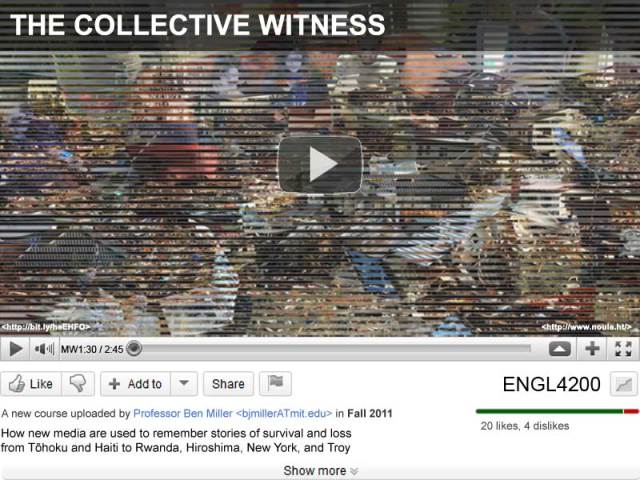Unidentified victims, perpetrators, and details of human rights violations are camouflaged by the scale of archival records of witness reports. This project responds to that problem by developing an approach for identifying the appearance of often unnamed individuals across a corpus by integrating semi-supervised machine-learning based phrase mining, network visualization, and an event model from human rights reporting known as “Who Did What to Whom.” This natural language processing method facilitates the retrieval of cross-document narratives of victims — and perpetrators — of population level events.DHRV.DH13.1.3
-
Recent Posts
Recent Comments
Archives
Categories
Meta

